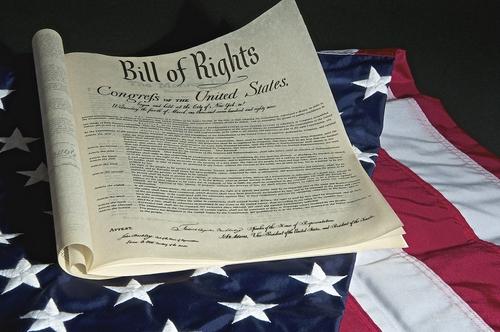In honor of U.S. Constitution Day, on Sept. 17, we present a five-part series on the Bill of Rights. It reveals how the first 10 amendments to the Constitution guarantee freedom of speech, religion, and the press, and, in so many other ways, limit the power of the federal government and secure the rights of individuals.
The first 10 amendments to the U.S. Constitution constitute the Bill of Rights. The first eight of those amendments clearly were designed to protect citizens from the type of governmental intrusions that were common under British rule, but the last two are different in nature.





